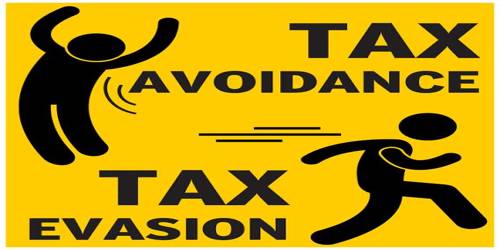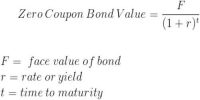Tax evasion and tax avoidance are two common terminologies used in taxation. It is natural that the Govt. will desire more tax from the taxpayers and the taxpayers have the tendency to pay as minimum as possible.
Tax evasion may be defined either as the understatement or concealment of a taxable object or as the failure to pay tax in time either by the assessee or his agent. So it is illegal. It is the illegal practice of not paying taxes, by not reporting income, reporting expenses not legally allowed, or by not paying taxes owed. For example, if someone transfers assets to prevent the IRS from determining their actual tax liability, there is an attempted to evade assessment. However, if the assets are hidden after a tax liability has become due and owing, this is an attempt to evade payment.
On other hands, tax avoidance is the minimization of tax liability by the taxpayer or his agent by efficient tax planning. It is possible by fully complying with the tax laws and meeting tax liabilities. Thus tax avoidance takes the disadvantages of the loopholes in the existing fiscal laws. Examples of tax avoidance are: tax deductions, changing one’s business structure through incorporation, or establishing an offshore company in a tax haven.















